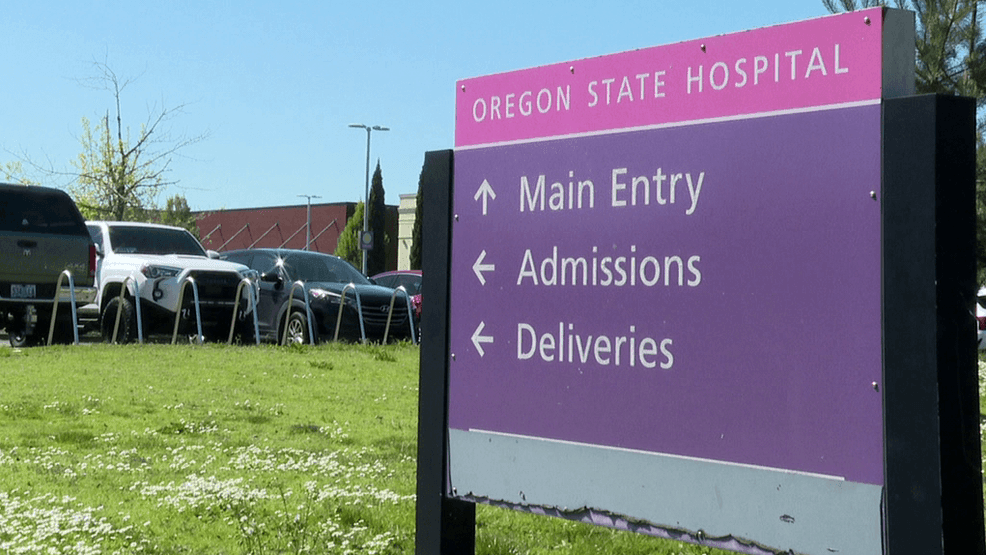PORTLAND, Ore. (KATU) — Oregon’s public health system is grappling with severe workforce challenges, according to a new report by the Oregon Coalition of Local Health Officials (CLHO).
The report highlights issues such as inadequate pay, chronic understaffing, burnout, leadership turnover, and a lack of training and recruitment resources, which are hampering the ability of the state’s 33 local public health authorities to protect the health and safety of Oregon’s 4.2 million residents.
“While these are not new challenges, they continue to worsen because of increased work coupled with drastic public health cuts at the federal level as well as chronic underfunding from all levels of government,” said Sarah Lochner, CLHO’s executive director.
She emphasized the need for lawmakers to fulfill their decade-old promise to fully fund essential public health programs, noting that only half of the promised funding has been committed so far.
The report’s findings are based on surveys and focus groups conducted in 2024 with public health administrators and human resource professionals in 29 of Oregon’s 33 public health authorities. Key issues identified include reduced budgets, staff layoffs, and cuts to full-time positions, particularly affecting nurses and epidemiologists in rural areas.
READ ALSO: Legacy Health and OHSU opt to remain separate, foregoing merger plans
“The biggest workforce challenges have been reduced budgets, laying off staff and cutting FTE,” said Jackson Baures, Jackson County Division Manager.
Despite some increases in average wages for public health positions, they remain significantly lower than those in the private sector, contributing to high turnover rates. Since 2020, 33 public health administrators have left their positions, and many new hires lack essential public health training.
The report recommends several measures to address these challenges, including investing in competitive compensation, funding educational programs, expanding job outreach, offering recruitment incentives, and developing a statewide diversity, equity, and inclusion hiring framework.
Philip Mason-Joyner, CLHO Chair, stressed the urgency of sustained funding increases, stating, “We don’t wait until there is a fire to ask for funding for the local fire department. Their funding structure allows them to respond immediately when a fire starts,” he said.
“We should fund public health the same way–if we have to wait for another public health emergency to receive funding for essential programs, more people will suffer and more people will die.”
CLHO is urging state lawmakers to invest an additional $65.2 million per biennium in local public health to ensure preparedness for future health crises.
